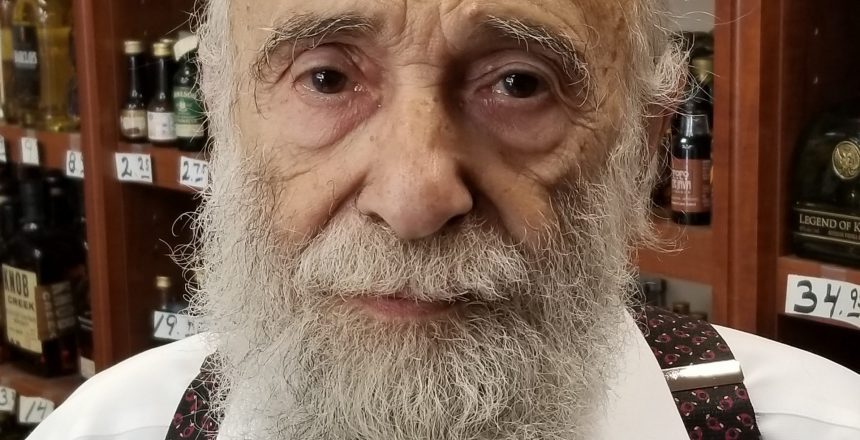Weeks after being released from the hospital after being successfully treated for COVID-19, 82-year-old Borough Park resident Ernest Weinberger suffered a ST-elevated myocardial infarction (STEMI), the most severe type of heart attack, which occurs when a main artery to the heart becomes entirely blocked, halting blood flow.
Mr. Weinberger was rushed to Maimonides Medical Center, where he received life-saving care.
Known for having the best heart attack survival rates in the nation, the Maimonides Heart & Vascular Institute treats STEMI patients by performing a Percutaneous Coronary Intervention/PCI (angioplasty with stent) in a catheterization lab. This procedure is crucial for those who have this type of heart attack, since the artery must be reopened as quickly as possible (ideally within 90 minutes) to prevent heart damage or cardiac arrest. Only 37% of hospitals have the capability to provide this important procedure.
With the use of a needle stick, a catheter (flexible narrow tube) is threated into the femoral artery in the groin or the radial artery in the hand. X-ray is used to guide the catheter through the vessel up to the blocked artery. Then a balloon on the tip of the catheter is inflated to compress the blockage and create an opening. A stent (hollow, metal-mesh tube) is placed in the area to keep the affected artery expanded. Dr. Elliot Borgen, an interventional cardiologist at Maimonides, performed the procedure on Mr. Weinberger.
Just one week after receiving treatment, Mr. Weinberger was back to running his liquor store and spending time with his grandkids.
“I felt good right after the procedure,” he said. “And everybody was so nice and willing to help me. They saved my life.”



